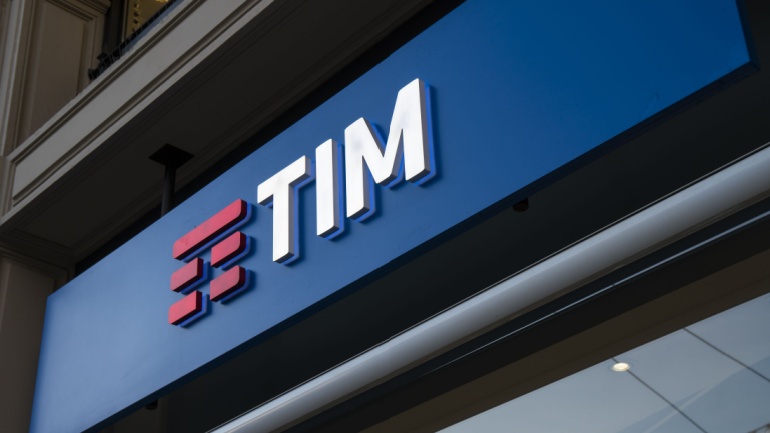Swisscom’s acquisition of Vodafone Italia for €8 billion is set to shake Italy’s telecom industry, merging Vodafone with Fastweb. This reduces mobile operators, challenging TIM’s market dominance. The move boosts Swisscom’s competitive edge, marking a significant milestone in expanding its European telecom presence.
European telecom operators face formidable challenges in phasing out copper networks by 2030, as highlighted in a BEREC report. The EU’s ambitious goal to enhance digital capacity with complete 5G and fiber connectivity underscores significant obstacles.
Germany is investing €5 billion in a new semiconductor manufacturing facility in Dresden through the European Semiconductor Manufacturing Company (ESMC) initiative. The facility will leverage advanced technologies like FinFET and aims to reduce Europe’s dependence on U.S. and Chinese semiconductor imports. This strategic move promises to enhance Germany’s role in the global semiconductor industry.
The German government’s significant boost to its fibre network funding from €12 billion to €38 billion aims to accelerate fibre infrastructure rollout and extend aid until 2028. This increased funding empowers local authorities to deploy or outsource fibre networks, addressing Germany’s lag in fibre penetration.
The new Artificial Intelligence (AI) Act in the European Union heralds a comprehensive regulatory framework for AI development and usage, with major provisions taking effect by August 2024. Central to VoIP technology, the Act categorizes AI systems by risk levels, implementing stringent regulations for high-risk categories, ensuring security and transparency in AI-driven communications.
Telecom Italia (TIM) celebrates the successful sale of its fixed-line grid to the Optics BidCo consortium, led by investment firm KKR. This strategic move aims to reduce TIM’s significant net financial debt and marks a first in major European telecom history.
French telecommunications giant Orange is reportedly exploring the sale of its 40% stake in Mauritius Telecom, according to sources cited by Bloomberg. While Orange has engaged with advisers on the potential sale, discussions with Mauritius Telecom’s board about a possible buyback have not yet occurred.
A new Japanese law aims to foster competition in the smartphone app market by allowing third-party app stores and billing providers to operate on Apple iOS and Google Android platforms. This legislation, known as the Act on Promotion of Competition for Specified Smartphone Software, was announced by Japan’s Fair Trade Commission (FTC).
Swisscom has revealed that its Italian subsidiary, FastWeb, has sold its 4.5% stake in FiberCop to Optics BidCo, a subsidiary of KKR, for €439 million. FiberCop, formed in 2021 by Telecom Italia (TIM), KKR, and FastWeb, manages the ‘last mile’ fibre network, connecting homes to street cabinets.
Europe’s telecom industry is alert as the European Union investigates competitive fairness amid KKR’s acquisition of Telecom Italia’s fixed-line network. Questions arise about the impact on market competition and the deal’s opposition by Vivendi, the largest stakeholder in Telecom Italia.












